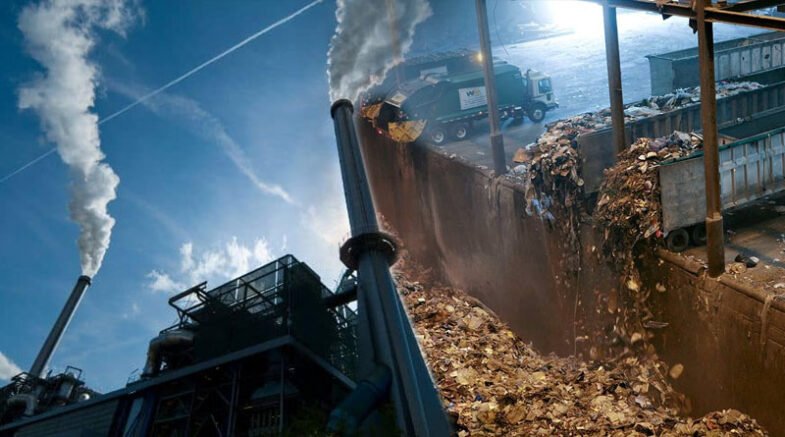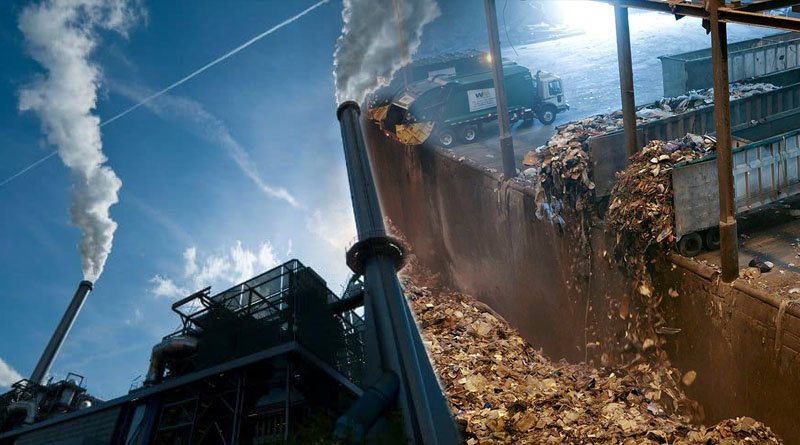According to PCJCCI President Moazzam Ghurki, the low-cost energy generation projects could provide a solution to Pakistan’s energy crisis and environmental pollution.

The Pakistan-China Joint Chamber of Commerce and Industry (PCJCCI) urged the federal government on Monday to launch low-cost energy generation projects in collaboration with China in order to reduce the cost of doing business in Pakistan.
PCJCCI President Moazzam Ghurki stated this during a think-thank session here at the PCJCCI Secretariat. The session was attended by the joint chamber’s senior vice president, Fang Yulong, vice president, Hamza Khalid, secretary general, Salahuddin Hanif, and a number of executive committee members.
According to Moazzam Ghurki, low-cost energy is produced in China through waste incineration. This low-cost energy generation projects could provide a solution to Pakistan’s energy crisis and environmental pollution. He went on to say that many Chinese firms were eager to invest in municipal solid waste (MSW) incineration for power generation.
Ghurki stated that agricultural residue and municipal solid waste could be used to generate approximately 3,000 MW of electricity in Pakistan. According to him, Pakistan produces approximately 15 million metric tonnes of crop residue per year, which could be used as feedstock to generate 120 MW of electricity.
Fang Yulong urged the government of Pakistan to adopt a waste-to-energy incineration model in collaboration with Chinese expert companies. Hamza Khalid said that the energy crisis was one of the main problems in Pakistan and that we should take measures to cope with this misery. Bio-gas can be used to make up the difference in renewable energy resources.
The lack of fuel and electricity in Pakistan, they said, was an indication that they needed to reduce their reliance on traditional fuel resources and find new sustainable resources, such as renewable energy means. He added that Pakistan had a huge potential for renewable energy resources such as wind, solar, and biomass, which would also save foreign reserves from being consumed on high-cost energy.
According to Secretary General Salahuddin Hanif, waste-to-energy incineration is critical in China for waste management and energy. Another important waste that could be converted into energy was municipal non-hazardous solid waste, which accounted for approximately 60,000 tonnes per day in urban areas alone and was increasing at a rate of 2.5 percent per year.
Moazzam Ghurki suggested that Pakistan seek Chinese assistance and investment in order to bring advanced waste-to-energy conversion technologies to the country.
